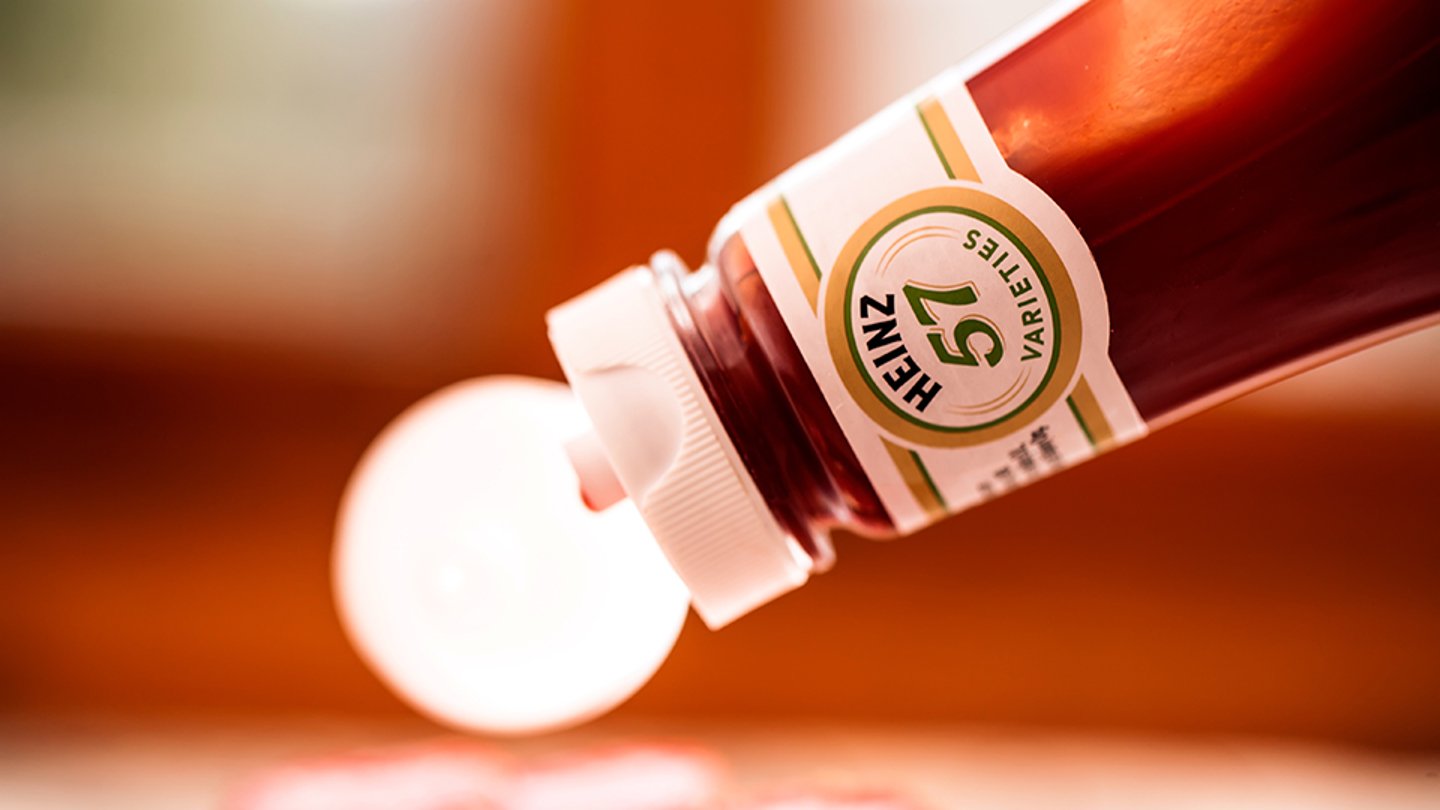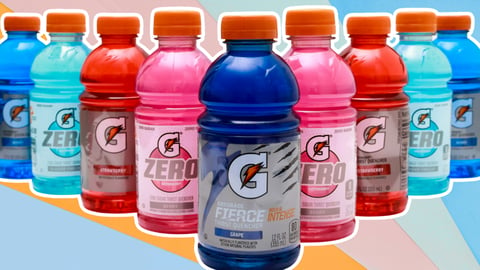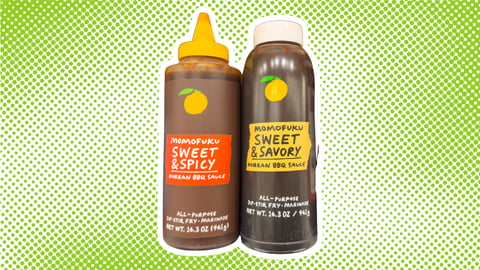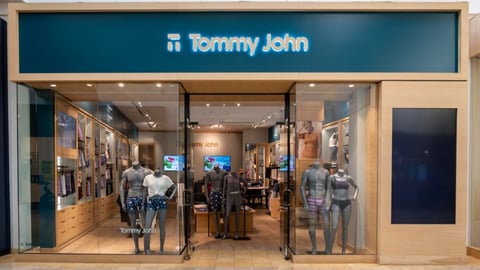How Kraft Heinz Is Rethinking Sustainable Packaging
The Kraft Heinz Company has updated its sustainable packaging goals to include the reduction of its use of virgin plastic by 20% within its global packaging portfolio by 2030.
The announcement builds upon the No. 20 publicly owned consumer goods company's ESG goals and investments, which aim to decrease the use of fossil fuels, reduce plastic use, and integrate more sustainable packaging options.
This reduction will diminish the use of virgin plastics by approximately 100 million pounds, according to the company.
Kraft Heinz aims to create 100% recyclable, compostable, or reusable packaging by 2025, as well as strive to reach net-zero greenhouse gas emissions by 2050 while halving emissions by 2030.
“We are investing in innovative technologies and partnerships that are critical to helping us redesign packaging, eliminate unnecessary plastic, increase our use of recycled content, and influence the adoption of reuse models,” said Rashida La Lande, executive vice president, global general counsel, and chief sustainability and corporate affairs officer at Kraft Heinz. “This is one more way we’re renovating our product portfolio to not only offer more sustainable options but to deliver on our consumer expectations.”
The company strives to replace 15% of its U.S. PET rigid plastic packaging portfolio with post-consumer recycled content by 2025. It is building upon existing work within the U.S., U.K., and Canada, to increase recycled content within their packaging, including:
- Beginning in 2024, Kraft Real Mayo and Miracle Whip will transition to 100% recycled content within their packaging in the United States, expected to eliminate 14 million pounds of virgin plastic.
- The company will move to 30% recycled content in most bottles sold in Brazil, Europe, and the U.K.
- It's creating recyclable Heinz Beans Snap Pots made with 39% recycled plastics in the U.K. that were returned to Tesco by consumers.
Kraft Heinz is also looking to eliminate unnecessary plastic within their packaging, including removing the plastic “shaker” bag within their Shake 'N Bake packaging and launching a multipack paperboard sleeve to replace plastic shrink-wrap in the U.K.
Alternative materials like fiber-based packaging are also of interest to the company, with a pilot with Pulpex ongoing to create a paper-based, renewable, and recyclable bottle made from 100% sustainably sourced wood pulp for Heinz Tomato Ketchup. Pulpex has worked with other consumer goods companies like Unilever and Johnnie Walker to create sustainable bottles.
The NABOB coffee brand in Canada also replaced its plastic coffee bags with recyclable canisters, eliminating 2.5 million plastic bags annually.






